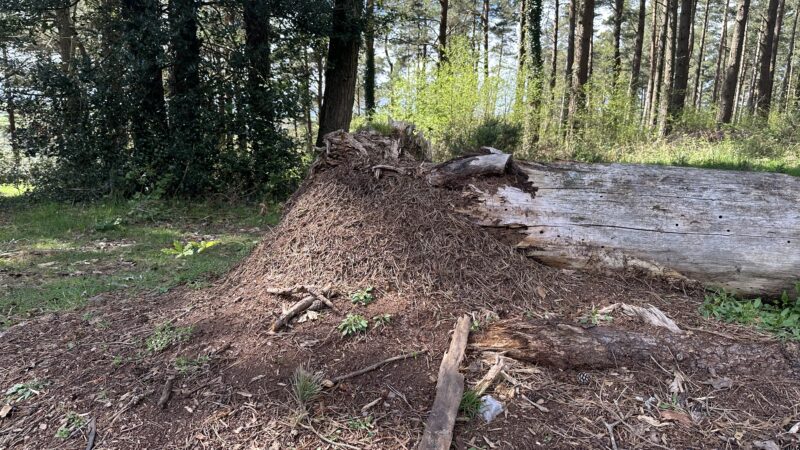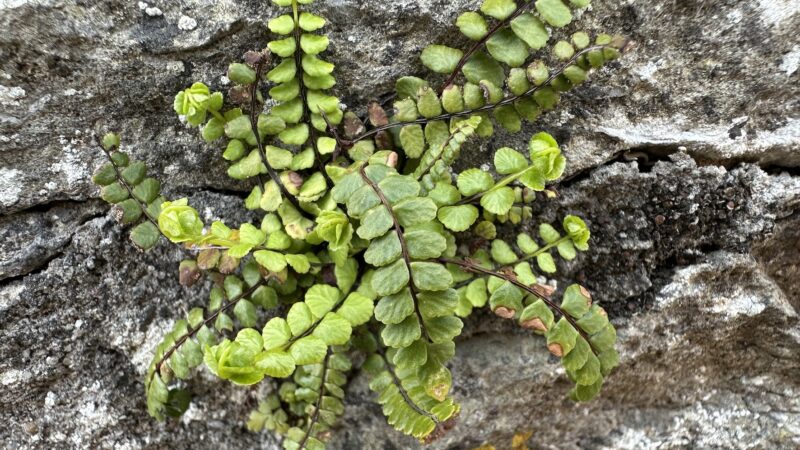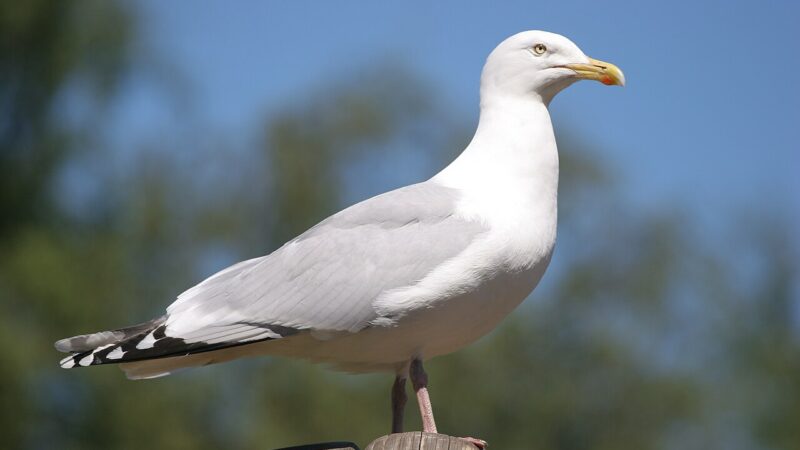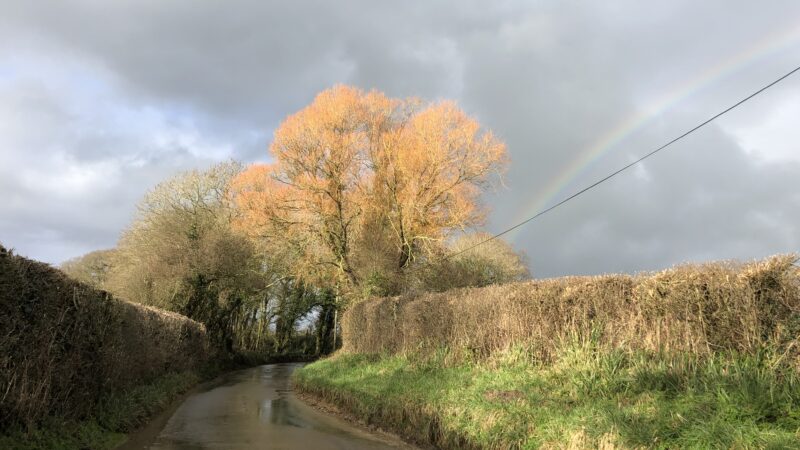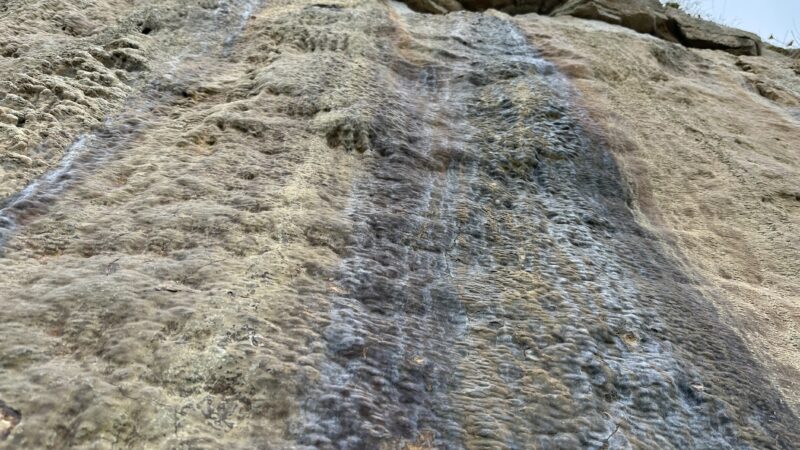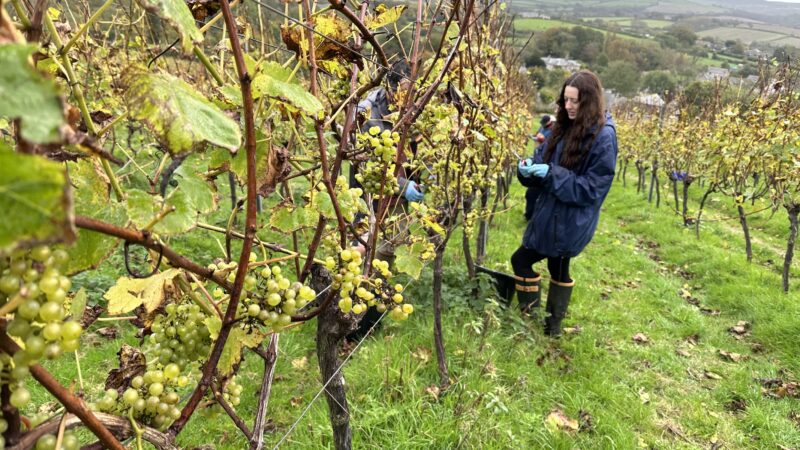Goblin’s gold shines in the fogou
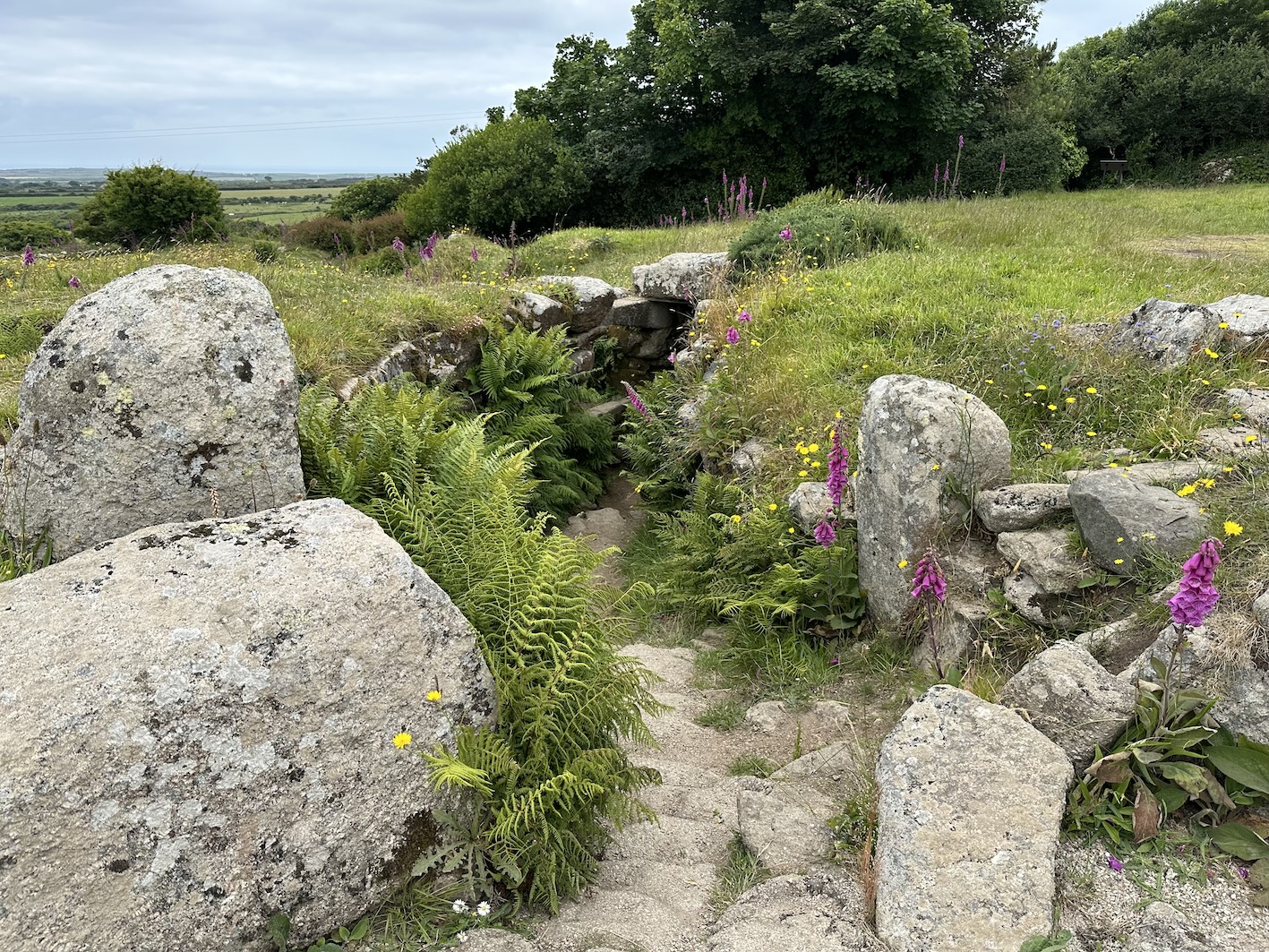
Away from the dazzling sea, inland West Penwith is a landscape of rocks, wind and flowers. In high summer, sheep’s-bit sizzles an intense, electric blue alongside tall bolts of foxglove.
In the ruins of the iron age village of Carn Euny, the ground seethes with granite boulders. Some are built into hut walls; others erupt through the soil, part of a continual, slow movement. Every generation of farmers had to clear their fields of risen stone, occasionally digging out pieces the size of coffins.
The largest single rock here is a trapezoid hunk, almost as big as a first world war tank, that squats over a shallow well. In place of a gun turret, a hawthorn tree grows from the apex, lashed in place by long roots covered in pennywort, a succulent with round, fleshy, slightly frilled leaves, dimpled in the centre like belly buttons.
Carn Euny has a fogou – a mysterious underground passage of a type found only in the far west of Cornwall. Nearly two metres high and 20 metres long, it snakes into the earth. Today, it’s open at both ends and you can stroll in, but originally it was only accessible by crawling.
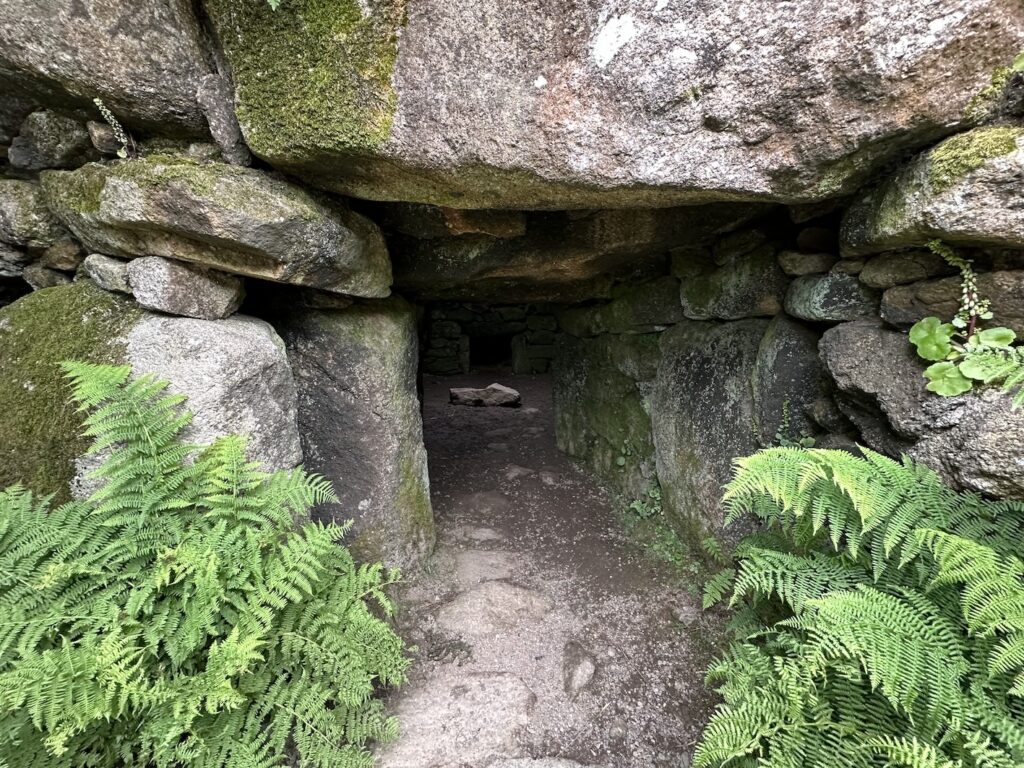
The fogou culminates in a round, corbelled chamber, dimly lit by a small opening in the turf above. The sides are slightly damp and covered with peculiar moss. Seen from certain angles, it shines a luminous lime, running like phosphorescent fire along the crevices between the stones. Gaze for a while and the wall seems to dissolve into a pit of green lava.
This is goblin’s gold (Schistostega pennata). Its fronds have refractive, lens-like cells that scavenge for light, focusing it on the chloroplasts deep within and bouncing green rays back, rather like cats’ eyes. Found in crumbling soil, typically the entrances to rabbit burrows and badger dens, it survives in stygian conditions too dark for other plants.
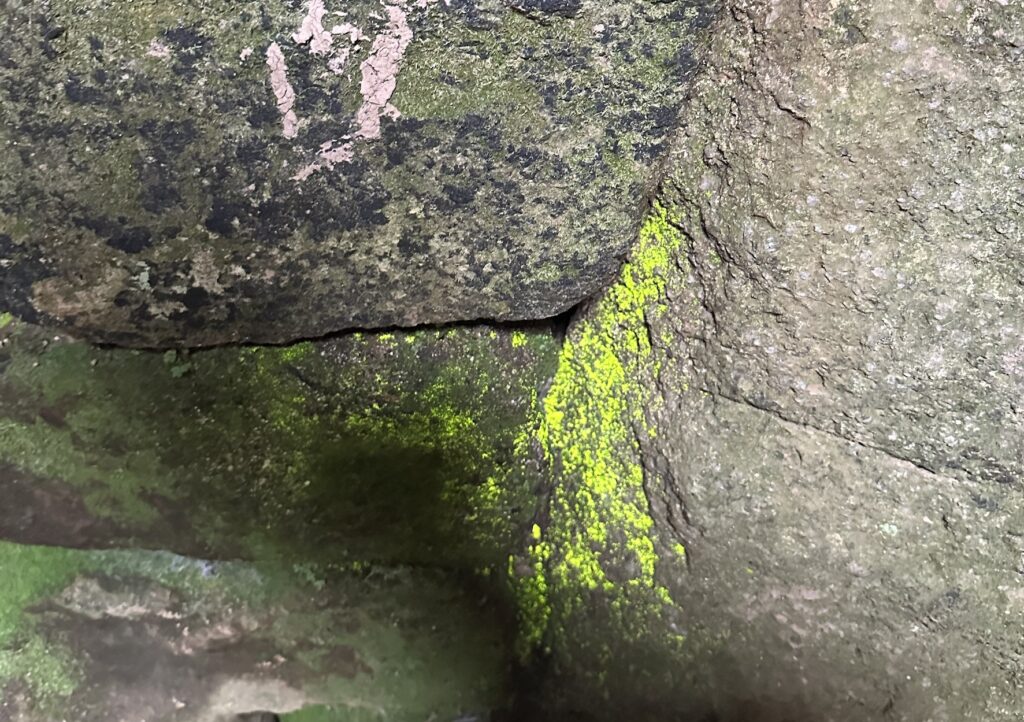
If taken outside in the sunlight, the moss dies, its brilliance extinguished. Its ungraspable allure inspired a genre of folktales about fools stealing fairy gold from beneath the ground and waking up the next morning to find that their treasure was nothing more than a handful of dirt.
First published in The Guardian Country Diary column, 4 July 2024.
